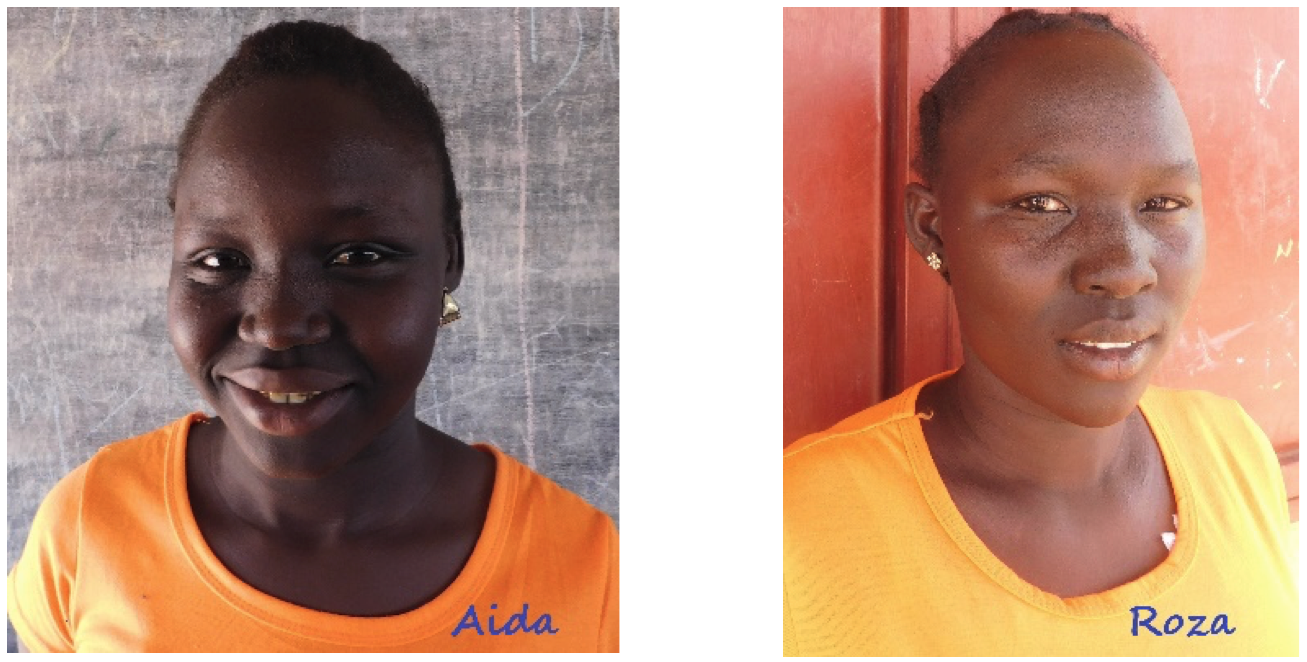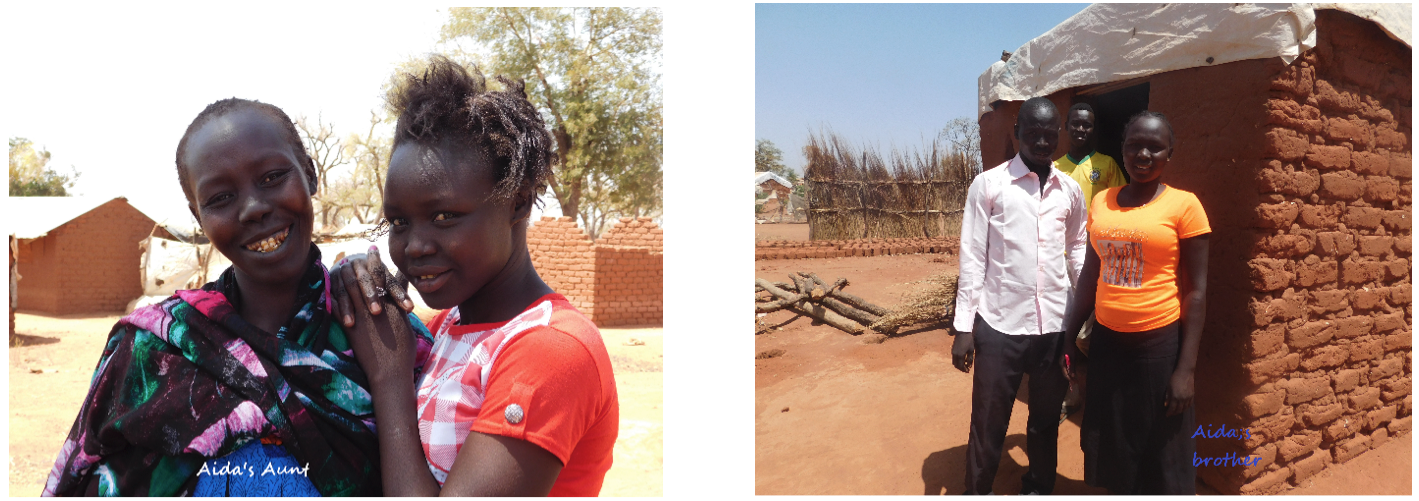Refugee Girls Top in South Sudan Certificate of Primary Education Examinations
When the 2019 South Sudan Certificate of Primary School Examinations (SSCPE) results were announced, 18-year old Aida was going about her daily chores in her small hut in the vast Ajuong Thok Refugee Camp, which is home to 39,692 refugees mainly from Sudan’s South Kordofan State.
As we broke the news to Aida that she was among the top ten girls nationwide, she could not hide her joy. Aida was not the only girl who made the refugee population in Jamjang County, Ruweng Administrative Area proud. Roza, a 19 year-old girl from the Pamir Refugee Camp, which is also home to 33,049 (54% female and 46% male) refugees mainly from Sudan’s South Kordofan State, was also in the top ten list of best performing girls in South Sudan. The two refugee girls were position eight nationwide among female candidates as they garnered 458 out of 500 marks.

Aida and Roza separately arrived in Ajuong Thok Refugee Camp in 2014 and 2018, respectively. Aida arrived in Ajuong Thok with her auntie and 13-year-old brother while Roza arrived with her brother. Upon arrival in the camp Aida enrolled in Grade 2 at Merowe Primary School and Roza in Grade 7 at Mekuria Primary School. However, due to their ages they later moved to the Accelerated Learning Programme (ALP) at Merowe and Tirhaka centers where they sat for their 2019 SSCPE.
The views expressed in this blog are the author's own.
They overcame difficult living circumstances and challenging learning environments in the Ajuong Thok and Pamir refugee camps. At home, there were risks of being married off early, subjection to heavy domestic chores, child labor and gender-based violence in the community. At the Accelerated Learning Programme centers, they had to contend with limited learning materials, overcrowded classrooms, and being taught by teachers with limited professional qualifications, among others. If resources were adequate to address such challenges, more girls and boys would perform much better, and their future brightened.
Roza and Aida, both attribute their success to hard work, constant revision, following teachers’ advice, and paying attention in class. Roza was a member of a discussion group that met after school. They regularly met at Tirhaka ALP Center in Pamir Refugee Camp so that they could use the solar-powered security lights whenever darkness set in. The support of close relatives was also handy as they were allowed time to study.
Aida and Roza intend to continue their education with one ambition; “… to become medical doctors who will treat members of their community”. Unlike the best performing South Sudanese girls, who have access to national secondary schools, Aida and Roza only have one secondary school each in their respective camps. Despite this situation, they encourage other girls to stay in school, maintain regular attendance, pay attention to teachers’ advice and support each other in the academic journey.
Aida and Roza are grateful to their teachers for all the support offered in the education journey. If circumstances would permit, they would hold a party to celebrate with their teachers, friends and relatives in their respective camps. Roza is sure that when the news of her great performance reaches Nuba Mountains, her relatives will slaughter a big bull to celebrate her as the first daughter out of three to not only complete Grade 8, but also perform very well.

-----------
Lutheran World Federation-World Service (LWF/WS) in South Sudan driven by its tagline “For Hope and a Future: Building Resilient and Cohesive Communities in South Sudan”, is among other programmes providing education services to Sudanese refugees in six camps in Upper Nile State and Ruweng Administrative Area (RAA) in South Sudan. The six camps accommodate 223,402 (52.1% female and 47.9% male) refugees. In Ajuong Thok and Pamir camps in RAA, accommodating 72,741 (52.5% female and 47.5% male) refugees, LWF/WS is in charge of 22 Early Childhood Development Centres, nine primary schools, seven of which also serve as ALP centers, and two secondary schools that served approximately 33,000 (44% female and 56% male) learners in 2019. LWF/WS receives funding support for education programmes from the United Nations High Commissioner for Refugees (UNHCR), Church of Sweden (CoS), Swedish International Development Agency (SIDA), and the United States of America’s Bureau for Population and Refugee Migration (BPRM).



